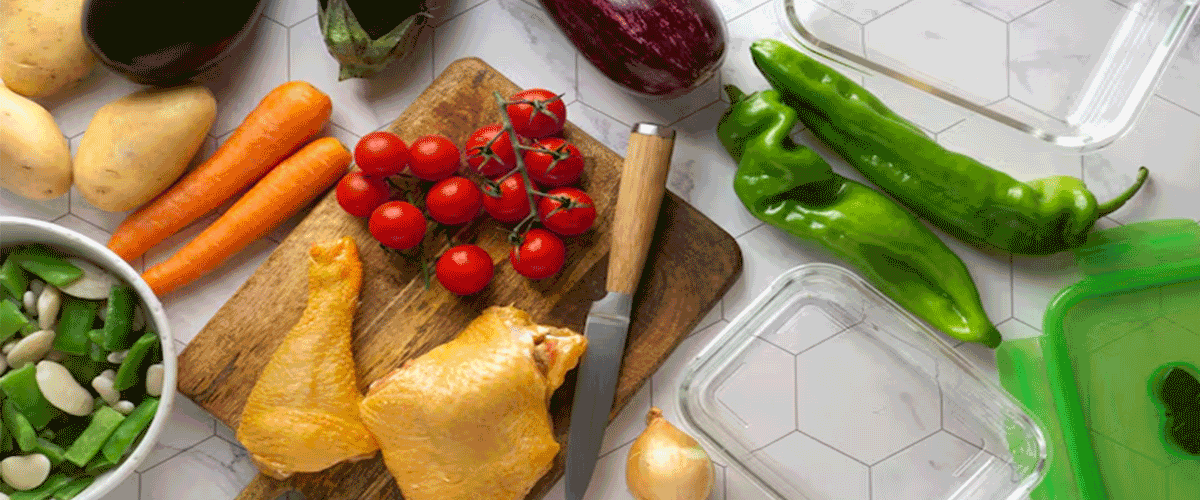(An Autonomous Body Recognized by Ministry of Commerce & Industry, Government of India)
Competency based placement focussed Education | Training | Research | Consultancy

Nanoplastics Found in Vegetables, Raising Food Safety Concerns
Plastic pollution is not just an ocean problem—it may now reach the food on our plates. A new study from the University of Plymouth shows that nanoplastics, measuring as little as one millionth of a centimeter, can enter crops and accumulate in edible tissues. Using radishes grown in a hydroponic system, researchers found that nearly 5% of exposed polystyrene nanoparticles were absorbed, with a quarter moving into the roots’ edible parts and trace amounts in leaves.
The study reveals that nanoplastics can cross the Casparian strip, a natural plant barrier, suggesting that these particles may infiltrate a wide range of crops. This raises concerns for human and animal health, as exposure could occur through both plant- and seafood-based diets. Unlike larger plastics, nanoplastics are nearly impossible to remove once inside tissues, highlighting the need for further research into the health risks and food safety implications of plastic contamination.
20-09-2025
📰 Recent News
- Global Seafood Trade Spreads ‘Forever Chemicals’ Beyond Pollution Hotspots
- Former Officials Warn of Unprecedented Rollback at US Environmental Agency
- US Policy Shift Intensifies Bayer’s Roundup Legal Battle
- European Parliament requests EFSA review on microplastics in food, water, and air
- Study Links PFAS-Contaminated Water to Severe Infant Health Risks
- Washington Program Targets Safe Disposal of PFAS Firefighting Foam
- EU Pesticide Review Proposal Sparks Backlash from Environmental Groups
- Nature Sustainability Showcases Safer Bisphenol Design Approach
- Chemical Pollution Linked to Rising Men’s Health Risks in Europe, Report Warns
- Trump Administration Blocks Key U.N. Environmental Recommendations
